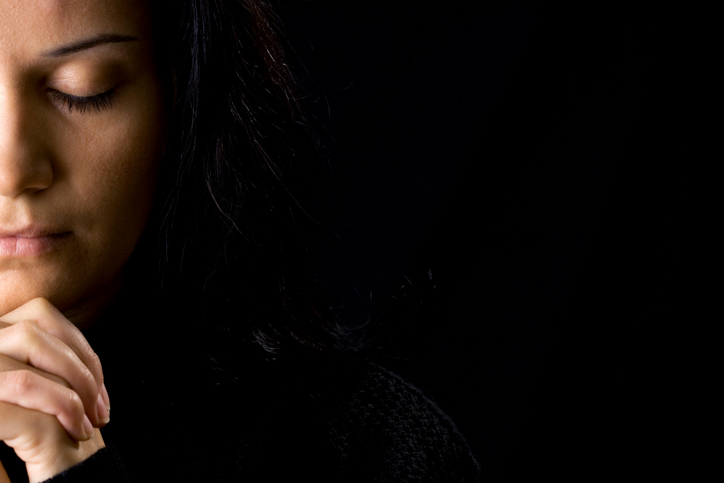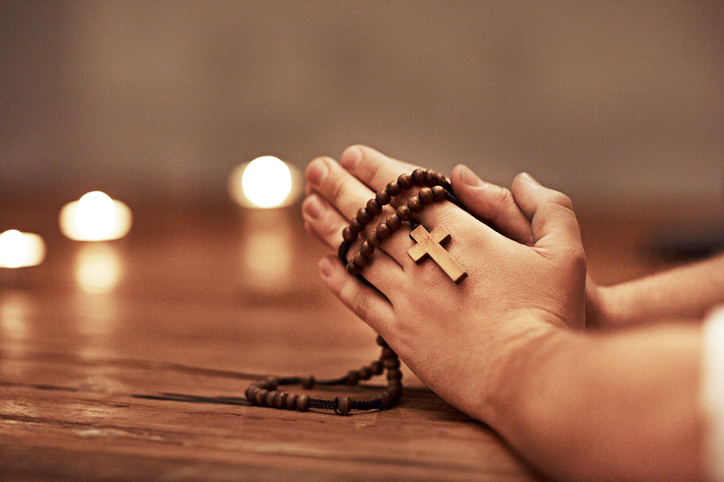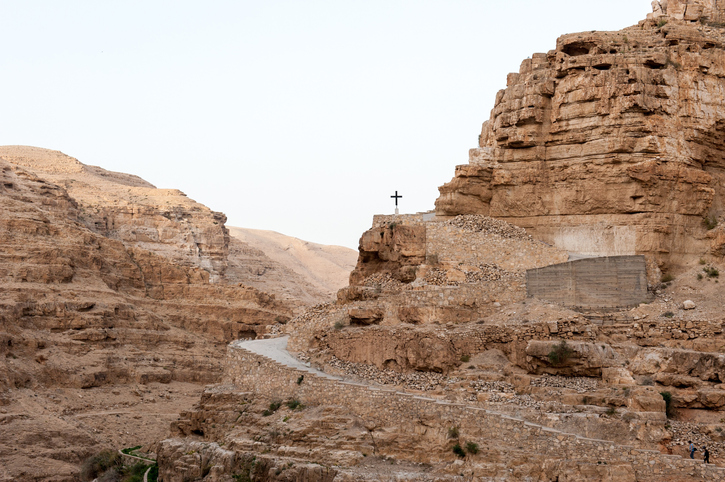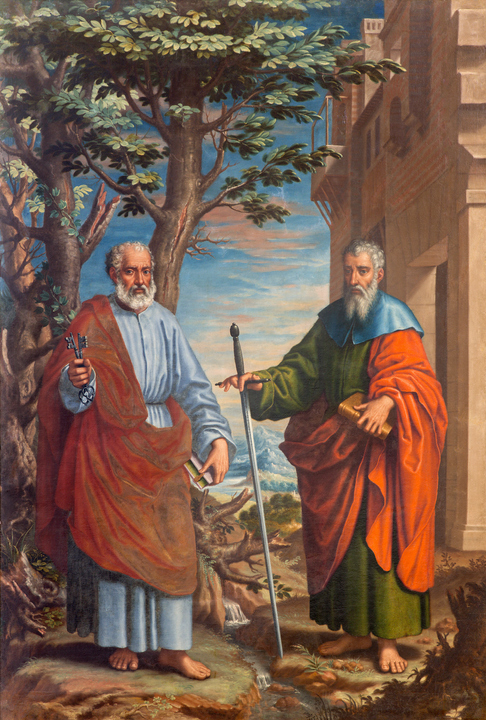It is truly amazing how God can turn around a horribly difficult situation and use it for the good. I wonder if in the moment, Joseph was able to catch a glimpse of that. I mean, his brothers hated him. They were so jealous of him that they despised him and wanted him dead. One of them interceded on his behalf and thought it better to sell him into slavery. What?! You think you’re a hero because you’re selling your brother instead of killing him? Isn’t it essentially the same thing, since he is never more to be seen by his family and friends anyway? But in an interesting and fateful turn of events, the very brother they once despised was now the one saving them from famine. They are bowing down to his mercy and he is calling their evil actions a work of God!
This passage is tremendous proof of God’s power and mercy for me. Only God could orchestrate such an unforeseen turn of events. Not only did Joseph’s family live but many, many others as well. God could have struck his brothers down, punished them for their wicked deeds and here He was, designing a way to feed them and give them life. And He does the same for us, day in and day out. He does not punish us for our sins, but rather seeks us out, chases after us, and feeds us with His Body and Blood.
My husband and I are in the midst of a very difficult family situation. We have talked about it for hours, thought of every possible reason, looked at it from every possible angle and come up with every possible solution. We have suffered emotionally, psychologically and financially. We have had extremely hard decisions to make that affect others. Today I read “Don’t give up. Don’t ever give up on God” (paraphrase), but what about people? Do we give up on people who never change and end up doing us harm?
While the First Reading seems to be intent on second chances, the Gospel states “Whoever will not receive you or listen to your words – go outside that house [] and shake the dust from your feet. Amen, I say to you, it will be more tolerable for the land of Sodom and Gomorrah on the day of judgment than for th[em]. Those are some strong words and Jesus is not one to mince them. He says what He means and means what He says. It seems we are stuck between a rock and a hard place. What are we to do?
Perhaps my answer is found in this one phrase: “If the [person] is worthy, let your peace come upon [him]; if not, let your peace return to you.” I must not lose my peace. With the knowledge of God’s presence and His unfailing love, my peace should return. I cannot rely on other human beings to maintain my peace. It comes from God alone. And who knows, perhaps God will turn this family situation around for the good as well! One can always hope…

Tami grew up in Western Michigan, a middle child in a large Catholic family. She spent early young adulthood as a missionary in Mexico, studying theology and philosophy, then worked and traveled extensively before finishing her Bachelor’s Degree in Western Kentucky. She loves tackling home improvement projects, finding fun ways to keep her four boys occupied, quiet conversation with the hubby and finding unique ways to love. She works at Diocesan, is a guest blogger on CatholicMom.com and BlessedIsShe.net, runs her own blog at https://togetherandalways.wordpress.com and has been doing Spanish translations on the side for almost 20 years.




















